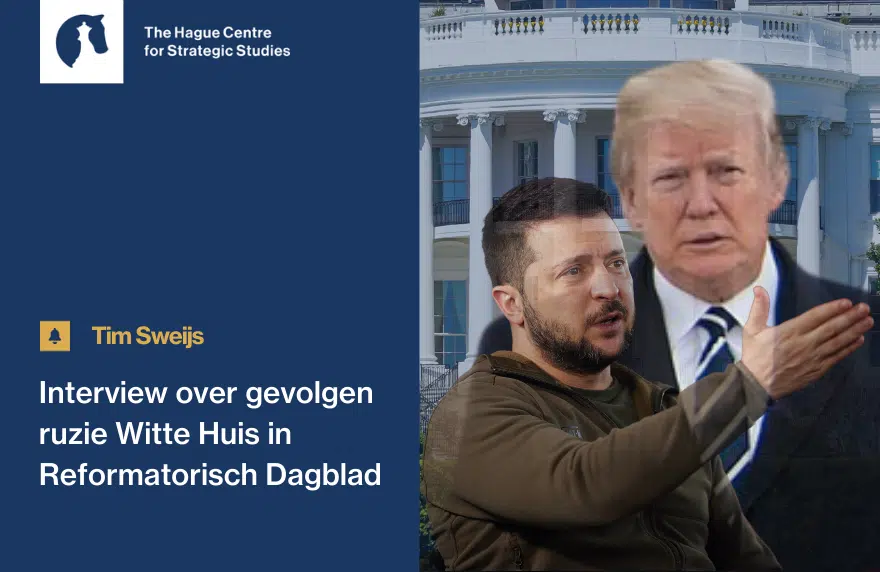Economische wetmatigheden lijken de beoogde positieve effecten van de Duitse Energiewende en mogelijk ook van het Nederlandse Energieakkoord te bedreigen. Het Global Carbon Project berekende dat de Duitse CO2-uitstoot na een aanvankelijke daling, in 2012 ten opzichte van het jaar ervoor met bijna 2 procent steeg.
Een belangrijke reden bleek de toename van het gebruik van het vuilere steenkool dat als gevolg van de overstap op het schonere schaliegas door de Amerikanen naar Europa wordt geëxporteerd. De Amerikanen zelf lijken door het gebruik van schaliegas in de buurt van de door hun afgewezen Kyotodoelstellingen te komen, terwijl Europa vuiler wordt.
Noord-Amerika kan bovendien met lagere prijzen energie-intensieve industrie naar zich toe trekken. Europese politici vrezen terecht voor de ondermijning van de concurrentiepositie van hun nationale industrieën. Inderdaad kan in een tijd van voortschrijdende mondialisering niet worden voorkomen dat energie-intensieve bedrijven vertrekken naar landen waar de energieprijzen lager liggen. Onlangs bevestigde de International Energy Agency (IEA) dat Europa door Amerika wordt voorbijgestreefd als de prijs daar door de schalierevolutie laag blijft. Fatih Birol, de hoofdeconoom van de organisatie stelde in The Guardian van 12 november 2013 dat de prijsverschillen de komende twintig jaar groot zullen blijven. Daardoor zullen de energie-intensieve industrieën van de EU hun markaandeel met 10 procent zien dalen, met verlies aan werkgelegenheid als belangrijkste effect. Opmerkelijk is dat het IEA concludeert dat de invloed van vergroeningsmaatregelen op de prijs beperkt is. Het enorme prijsverschil als gevolg van de Amerikaanse schalierevolutie is de belangrijkste factor die de Europese concurrentiepositie ondermijnt. Hierover, en niet over het beetje schaliegas dat hier in de bodem zit, dient het debat ook in Nederland te gaan.
Voorts blijft Europa voortmodderen met een onvolkomen klimaatbeleid dat vooral door een te lage CO2-prijs lijkt te falen. Door die lage prijs zijn er nauwelijks prikkels voor de industrie om zuiniger met energie om te springen. Europese politici beginnen zich inmiddels grote zorgen te maken. Ze constateren dat er sprake is van een gevaarlijke ontwikkeling en stellen bijvoorbeeld de EU-normen bij voor zuinige auto´s en het bijmengen van biobrandstof.
Als oplossing voor de Europese problematiek beval Birol aan landen aan hun gascontracten te heronderhandelen, meer aandacht te geven aan het opvoeren van de binnenlandse gasproductie, bijvoorbeeld door de winning van schaliegas, en door te gaan met vergroening. Die laatste uitspraak is gezien de constatering dat de prijs van vergroening relatief weinig invloed op de prijs heeft, niet verwonderlijk. Dit is een schrale troost voor degenen die zich terecht zorgen maken over de aanhoudend hoge CO2-uitstoot in dit deel van de wereld.

